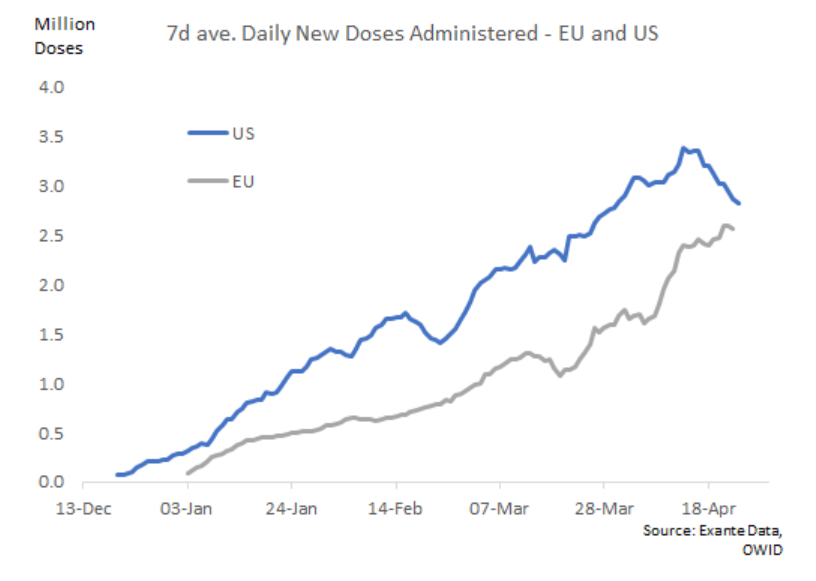
The debate about bitcoin now reminds me of a wedding I went to in 2006.
A beautiful wedding that was ruined by a discussion about the US housing market.
It went like this...
A beautiful wedding that was ruined by a discussion about the US housing market.
It went like this...
1/ Back in 2007, I was at a fantastic wedding in LA. The dinner was outdoors, in spectacular weather, with a unbelievable view to the ocean. All was going well, until the discussion touched on the US housing market.
2/ I was working as an economist at Goldman Sachs at the time, and the fundamentals of the housing market looked shaky. I argued, after being asked about my opinion, that the US housing market could be in a bubble. That was a mistake.
3/ My table companion had recently ended a career as an attorney to do real estate full time. She was adamant that real-estate was a one-way trade, and she was visibly frustrated that I had voiced a different viewpoint.
4/ In fact, she refused to talk to me the rest of the evening; similar to how some religious people refuse to engage with heretics. (the fun part of the wedding only started again, once I managed to escape the bewitched table).
5/ The ex-attorney was not alone. The boom in the US housing market was aided by hordes of new speculative entrants (‘believers’), all banking on quick gains. That is an old story.
And we have since learned that it took many of the hot US housing markets from 2005-2007 more than a decade to recover. In fact, many suburban markets, which were on fire in 2006 (think NJ, NY, CT), only really recovered after the COVID shock (15 years later...)
The point here is that the believers, in the middle of the speculative frenzy, can get very intolerant. The trade is not a trade, but a religion. Non-believers are unworthy. And we have surely reached that point in the bitcoin world.
Crypto currencies are not the same as US houses; and I am not here to project an imminent implosion of bitcoin or any other coin. But the sentiment does have similarities with the US housing market religion of 2006, and that in itself is a concern.
Legally, I cannot provide any investment advice on cryptos. But I can advise on the following: Try not let ‘it’ (the bitcoin religion) ruin any weddings. END
(as you can tell from this thread, I cannot remember if the wedding was in 2006 or 2007, but I remember that the housing market was still pretty hot at the time...)
• • •
Missing some Tweet in this thread? You can try to
force a refresh







